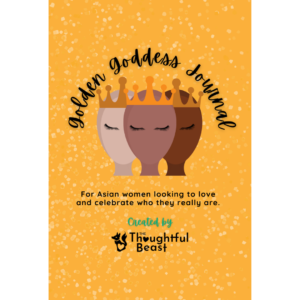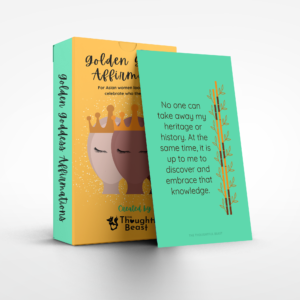To be completely honest…like real real…when I picture people who are trying to take care of their mental health, I picture white people. When I picture people practicing mindfulness and self-care, I picture white people. When I picture people who are getting professional help, I picture white people.
The weird thing is that I know it’s not just white people who do these things. I do all those things! Though it is true that I’ve seen other people of color get help for and talk about their mental health issues, I’ve seen way more white people do it.
Part one of why I picture white people in all mental health scenarios comes from the lack of POC representation in the media and the entertainment industry in regards to mental health. It isn’t new news that Hollywood has been mostly white for a long time. POC on big and small screens is increasing, but most of us grew up watching things that starred exclusively white people.
For me, at least, this lack of representation has created a “validating the worst thing ever” endless loop with part two!
Part two is the fact that minorities don’t suffer from mental illness!!!!!!!!!
SHAJKGRAUKLVGHRSULKVt5rebtw45NGHRKHGGNFDSJLKBM .S”BC/”LE
The lack of acknowledgement, the endless denial, and the “nobodies got time for that shit” is so real and so vast in minority cultures. This pressure we put on our families, our children and each other is harsh. To me, and I’m sure to many others, that pressure sounds like this:
“You’re not white. People don’t give a shit about you and your feelings. Your focus is to work hard and prove that you are just as good as them!”
It can also sound like this:
“Your mother and I didn’t come all the way from (insert their country of origin) for you to just be lazy! We work so hard! You need to work hard, and make money! Who is going to take care of us when we’re old?!”
I understand that all this hardcore parkour pressure comes from a place of love and protection. It comes from a want for us to have better than them. It comes from a place of pride, and it comes from a place of not wanting to feel less just because their skin.
I get that. It still hurts. We’re still suffering.
Our parents, people immigrating from less fortunate countries, didn’t have time for mental health. They were or are still in survival mode.
Being faced with the adversity you experience as a minority creates a need to be tough. That need is very real, but it can come at the expense of one’s mental health.
How can there be time for mental health when POCs are in survival mode all the time?
That’s not an easy question. Making time for mental health in general is a problem across all races.
The only answer I can muster up is incomplete and general. Our attitudes about mental health as POCs need to change. We need to see that taking care of ourselves—mentally—is a good thing!
Changing our own attitudes about mental health is something we can actually accomplish by ourselves. We, as people of different nationalities and backgrounds that are marginalized, need to turn to each other and say that we can do more than just survive. We need to tell each other that our lives need to be more than just proving our worth, and that we don’t have to shut up and keep our heads down. We need to tell each other that we have the power and choice to work on our mental health.
I want to automatically think of a room filled with people of all colors sitting in a hot room sweating and meditating when I think of mindfulness, dammit!







